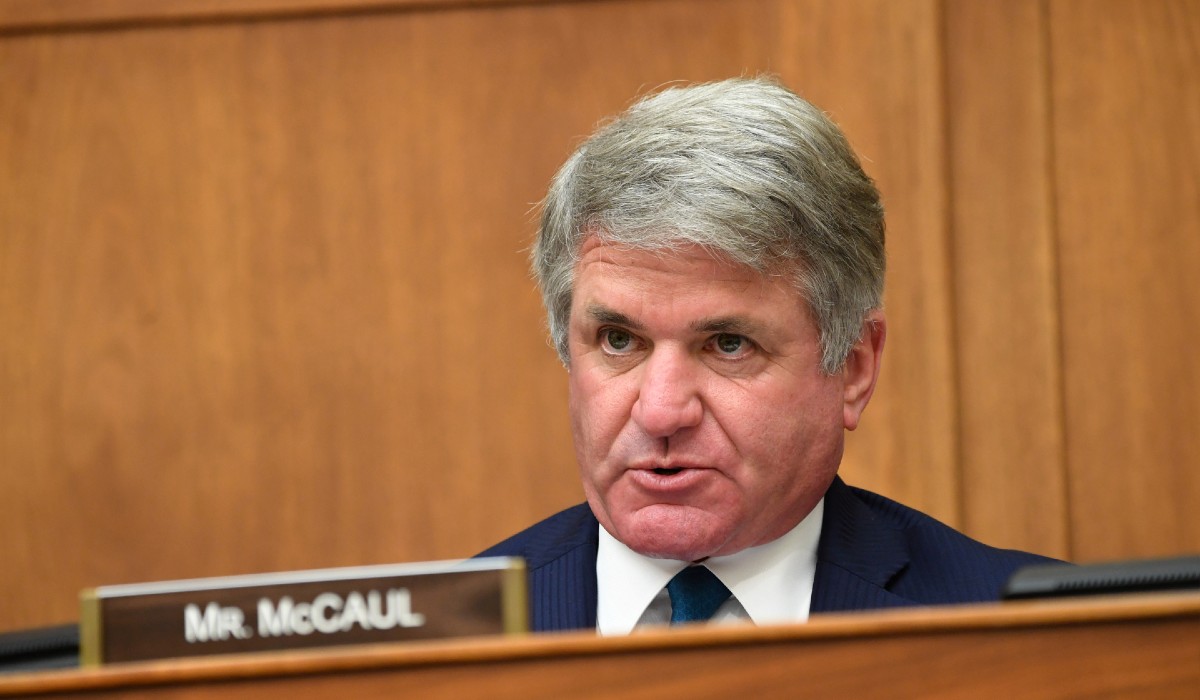The U.S. State Department said on Wednesday it will invite House Foreign Affairs Committee Chairperson Michael McCaul and the committee’s ranking Democrat to view a classified cable about the August 2021 U.S. withdrawal from Afghanistan at the department with personal information redacted.
Addressing a press conference on Wednesday deputy spokesperson of the US State Department Vedant Patel said that the Department would let McCaul and his Democratic counterpart Gregory Meeks, review the cable behind closed doors.
“In our letter to the committee today we will invite Chairman (Michael) McCaul and Ranking Member (Gregory) Meeks to view the dissent channel table here at the State Department, in-camera with appropriate personal information, redacted,” Patel said.
“Chairman McCaul himself has said that this is what he is interested in. And so it is our sincere hope that our offer here will sufficiently satisfy their request for information,” he added.
“It is an avenue for personnel across the world to engage with senior leadership on very important issues and for senior leadership to engage back. It’s not an avenue to inform or convey policy to Congress. And we wanted to ensure that we are taking steps to respect and protect the integrity of that channel,” Patel said.
The development comes a day after House Foreign Affairs Committee Chairman Michael McCaul warned he will hold US Secretary of State Antony Blinken in contempt of Congress next week if he fails to release a classified dissent cable sent from US diplomats at the embassy in Kabul shortly before the chaotic troop withdrawal from Afghanistan.
McCaul said this week that the House Foreign Affairs Committee could vote on the contempt charges at a hearing on May 24.
The State Department has said it is trying to provide Congress with “appropriate” information on the cable while also protecting its employees. The so-called dissent channel has for decades provided a way for diplomats to discreetly voice concerns about strategy. They are automatically classified to protect the identities of the Foreign Service officers.
McCaul has battled with the Biden administration for months over gaining access to the messages as part of a larger Republican inquiry into the 2021 withdrawal.




